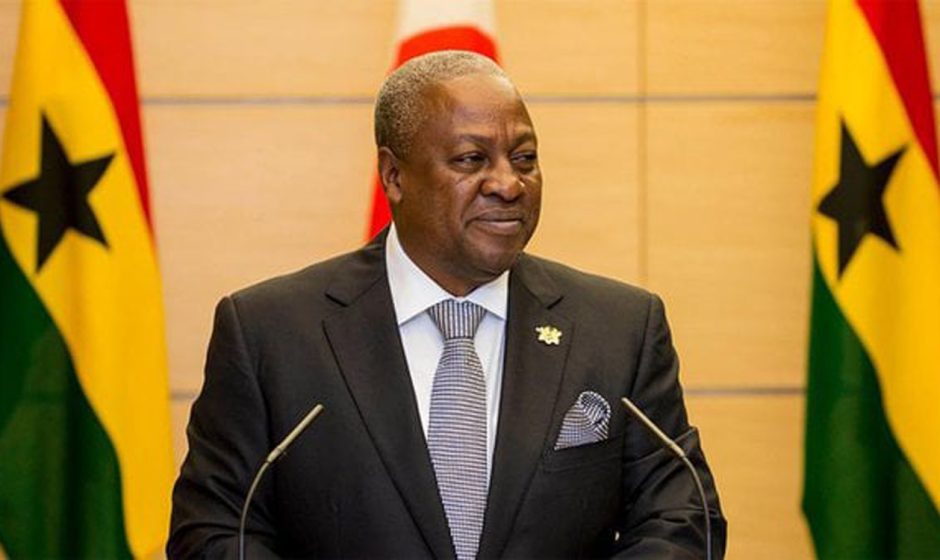President John Dramani Mahama has confirmed that Ghana will remove the minimum capital requirement for foreign investors under a revised Ghana Investment Promotion Act. This announcement marks a major Ghana Investment Promotion Act minimum capital requirement update aimed at attracting smaller investors, encouraging innovation, and strengthening Ghana’s position as one of Africa’s most open investment destinations.
Overview of the Ghana Investment Promotion Act
The Ghana Investment Promotion Centre Act, 2013 (Act 865) governs all foreign and local investment activities in Ghana. It currently requires non-citizens to meet minimum equity thresholds before they can register a business with the Ghana Investment Promotion Centre (GIPC). These thresholds are:
- US$200,000 for joint ventures with Ghanaian partners holding at least 10 percent equity.
- US$500,000 for wholly foreign-owned enterprises.
- US$1,000,000 for foreign-owned trading companies, along with the employment of at least 20 skilled Ghanaians.
While these rules have supported large-scale foreign participation, they have also limited opportunities for smaller investors and startups wishing to enter the Ghanaian market.
What the new amendment changes
During the Ninth Tokyo International Conference on African Development (TICAD-9) in Yokohama, Japan, President Mahama announced a new Ghana Investment Promotion Act minimum capital requirement update. The upcoming GIPC (Amendment) Bill, 2023 will remove minimum capital thresholds for most foreign investors, particularly in non-trading sectors. According to the President, this move will allow investors with as little as US$50,000 to US$100,000 in capital to set up legal businesses in Ghana under the revised investment regime.
The government’s aim is to open Ghana’s economy to smaller investors, strengthen local partnerships, and accelerate the country’s transition toward a 24-hour industrial economy. The amendment forms part of Ghana’s broader effort to simplify registration processes, attract diaspora investors, and diversify sources of foreign direct investment.
Impact by sector
- Manufacturing and Agro-Industry: Investors will no longer face high capital entry barriers, allowing for easier establishment of production facilities.
- Technology and Startups: The reform supports smaller tech entrepreneurs and international innovators entering Ghana’s digital economy.
- Service Sectors: Tourism, logistics, and consultancy firms will benefit from faster GIPC registration with fewer financial constraints.
- Trading Enterprises: The government has indicated that some minimum requirements may still apply to large foreign-owned trading companies to protect local retailers.
Benefits of the new Ghana Investment Promotion Act minimum capital requirement update
- Encourages smaller investors: Opens Ghana’s economy to individuals and SMEs that previously could not meet the old thresholds.
- Promotes joint ventures: Makes partnerships between Ghanaians and foreign investors more accessible and equitable.
- Supports job creation: Broader investment participation may lead to new industries and expanded employment opportunities.
- Improves competitiveness: Positions Ghana as one of West Africa’s most flexible and investment-friendly countries.
What remains pending
As of November 2025, the Ghana Investment Promotion Act minimum capital requirement update has been announced but not yet gazetted into law. The GIPC (Amendment) Bill, 2023 remains under review. Until the revised Act is formally enacted and published, the existing thresholds under the 2013 Act still apply. Investors are advised to comply with current legal requirements while monitoring official GIPC updates for implementation details.
Sources
- Daily Graphic Ghana – Mahama scraps foreign investor minimum capital requirement (2025)
- Ghana News Agency – GIPC to revise capital requirements for foreign businesses (2025)
- UNCTAD Investment Policy Hub – Ghana Investment Promotion Act, 2013 (Act 865)
- Citi Newsroom – Ghana to scrap minimum capital requirement for foreign investors (2025)
- Templars Law Report – Foreign Investment in Ghana (2024)
All money transfer services must be licensed by the Bank of Ghana.



